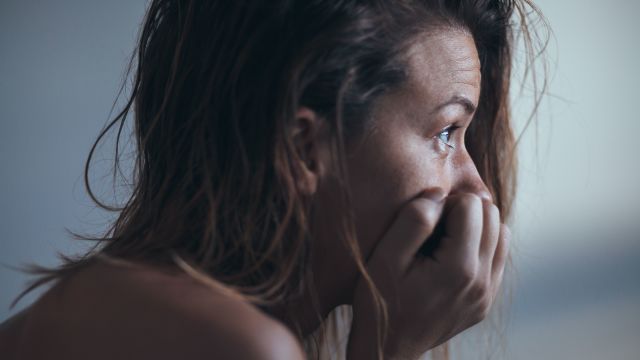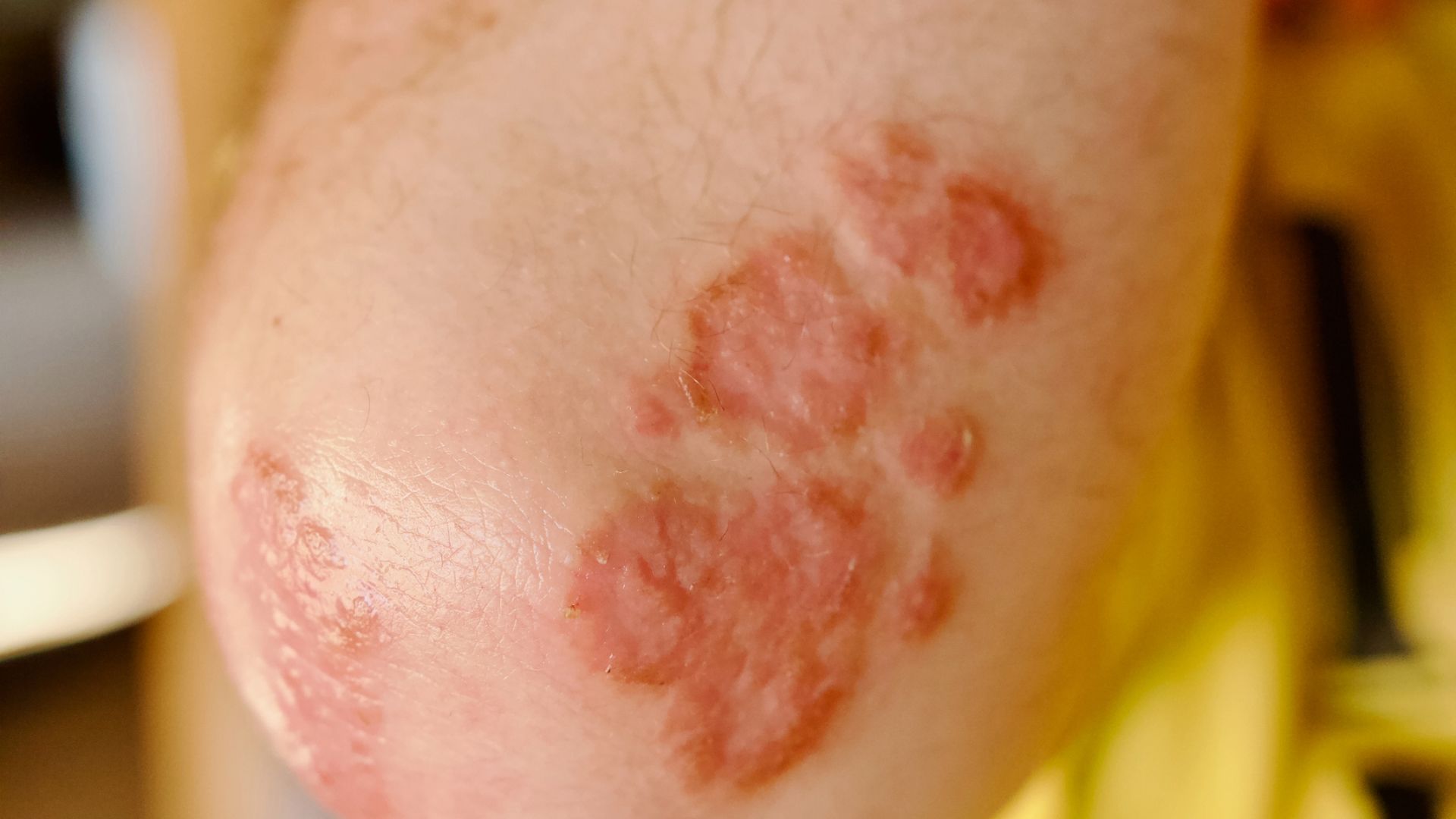We live in a world where it seems that more and more people are dissatisfied with how they look. For some, this means being unhappy with how much they weigh, the shape of their bodies or the appearance of their face. For others, it may be the result of scarring or a permanent physical change to the body resulting from an injury, a birth defect or an illness. And many people are unhappy with their physical appearance because of a medical condition, such as psoriasis.
Psoriasis and body image
Psoriasis is one of the most common autoimmune diseases in the world. In the majority of cases, psoriasis presents as thickened plaques of skin that appear red and covered in silvery scales—this type is called plaque psoriasis. However, psoriasis can present as a number of skin symptoms, including bright red lesions (inverse psoriasis), pustules (pustular psoriasis) or small red dots (guttate psoriasis).
Psoriasis may have an impact on body image, self-esteem and quality of life. Some people with psoriasis have reported altering their behavior because of the condition—they wear clothing that covers the skin, avoid sex and physical intimacy, and exercise less frequently. Some patients may cope with negative emotions through unhealthy behaviors, such as smoking and excessive drinking.
While these modifications in behaviors are rooted in feelings and emotions, they also affect physical well-being. Exposure to sunlight is important to the body’s production of vitamin D (and in some cases, exposure to sunlight may be beneficial to psoriasis symptoms). A healthy sex life has been associated with better physical and emotional health in several ways.
Psoriasis can take a particular toll on a person’s mental and emotional well-being when it affects sensitive areas of the body. Between 33 and 63 percent of psoriasis patients report having psoriasis symptoms in the genital area at some point. Genital psoriasis is known to be extremely physically uncomfortable and mentally distressing. In small studies, patients have reported that psoriasis symptoms in these areas of the body are more physically uncomfortable than in other areas of the body. Research and patient surveys show that genital psoriasis takes a significant toll on a person’s quality of life, personal relationships and sexuality.
Dealing with negative feelings
Self-image is more than how others perceive you, it is also how you perceive yourself, and is linked with physical and mental well-being. If you are feeling distressed over your physical appearance for any reason, there are things you can do to cope with these feelings. This can include developing your own coping strategies, such as relaxation techniques, journaling, exercising and participating in a support group. This can also include working with a counselor or therapist to better understand your feelings and learn techniques for managing them.
If you have any form of psoriasis, it is important to speak with your healthcare provider about your condition, and to be open and honest about all of your symptoms. While there is no cure for psoriasis, there are numerous treatment options that can help relieve symptoms and improve the appearance of the skin.





